The Summer Olympics ~ The journey Through Host Cities
Greetings to my dear wanderers,
Since the Olympic Games are approaching, I wanted to share information about the host cities that have hosted the Olympics.
The Summer Olympics, a global celebration of athletic excellence, have a rich history that spans over a century. Each edition of the Games is uniquely shaped by its host city, which brings its own cultural and historical flavor to the event. Let's take a journey through the host cities of the Summer Olympics and explore the distinctive characteristics of each.
1896 – Athens, Greece
The inaugural modern Olympics took place in Athens, honoring the ancient origins of the Games. The city, rich in classical history and monumental architecture like the Parthenon, provided a symbolic link between the ancient and modern athletic traditions.
1900 – Paris, France
Held during the 1900 World's Fair, the Paris Olympics showcased French elegance and innovation. Iconic landmarks like the Eiffel Tower and the Louvre created a picturesque backdrop for the competitions, blending sport with culture.
1904 – St. Louis, USA
The St. Louis Games were part of the World's Fair, highlighting American industrial prowess. Despite logistical challenges, the city demonstrated its burgeoning role in global sports and industry, with the Gateway Arch symbolizing westward expansion.
1908 – London, UK
London's first Olympics were notable for their organization and infrastructure, with events held at the newly built White City Stadium. The city, steeped in history and tradition, provided a dignified setting for the growing international event.
1912 – Stockholm, Sweden
Stockholm introduced electronic timing and public address systems, showcasing Swedish innovation. The city's blend of natural beauty and modernity was epitomized by venues like the Stockholm Olympic Stadium, which remains in use today.
1920 – Antwerp, Belgium
Post-World War I, the Antwerp Olympics symbolized peace and recovery. The city's historic charm, with its medieval buildings and vibrant port, provided a poignant setting for the Games' revival after the war.
1924 – Paris, France
Returning to Paris, these Games were the first to feature an Olympic Village. The city once again highlighted its status as a cultural capital, with athletes and spectators enjoying its artistic and architectural splendors.
1928 – Amsterdam, Netherlands
Amsterdam's Olympics were marked by the introduction of the Olympic flame. The city's canals and historic buildings offered a picturesque setting, reflecting Dutch charm and hospitality.
1932 – Los Angeles, USA
The Los Angeles Games showcased Hollywood glamour and American optimism during the Great Depression. The city's sunny weather and iconic venues like the Los Angeles Memorial Coliseum set a new standard for Olympic spectacle.
1936 – Berlin, Germany
Berlin's Olympics were marred by political tensions, but also notable for technological advancements like live television broadcasts. The city's historic and modern architectural blend provided a dramatic backdrop for these contentious Games.
1948 – London, UK
Post-World War II, London hosted the "Austerity Games," focusing on recovery and unity. The city's resilience was on display, with events held in historic venues like Wembley Stadium and the Empire Pool.
1952 – Helsinki, Finland
Helsinki's Games highlighted the city's post-war recovery and Scandinavian design. The city's modernist architecture and lush landscapes provided a serene and efficient environment for the competitions.
1956 – Melbourne, Australia
The first Olympics held in the Southern Hemisphere, Melbourne showcased Australia's vibrant culture and diverse wildlife. The city's sports-mad populace and scenic venues like the Melbourne Cricket Ground created a lively atmosphere.
1960 – Rome, Italy
Rome's Olympics celebrated its ancient heritage and modern vitality. Historic sites like the Roman Forum and new structures like the Stadio Olimpico highlighted the city's enduring legacy and contemporary renaissance.
1964 – Tokyo, Japan
Tokyo's Games marked Asia's debut as an Olympic host. The city's blend of tradition and futuristic innovation was evident in its efficient organization and cutting-edge venues, symbolizing Japan's post-war resurgence.
1968 – Mexico City, Mexico
Mexico City introduced the world to high-altitude athletics. The city's rich cultural heritage, colorful festivals, and historic sites like the Aztec ruins provided a vibrant and unique backdrop.
1972 – Munich, Germany
Munich's Games were overshadowed by tragedy but also showcased Bavarian culture and modern architecture. The futuristic Olympic Park and village reflected Germany's post-war modernity and efficiency.
1976 – Montreal, Canada
Montreal's Games were marked by financial challenges but also celebrated for their cultural diversity. The city's French-Canadian charm and venues like the Olympic Stadium highlighted its unique identity.
1980 – Moscow, USSR
Moscow's Olympics were politically charged but demonstrated Soviet grandeur and organization. The city's historic Red Square and modern sports facilities showcased its architectural and cultural contrasts.
1984 – Los Angeles, USA
Returning to LA, these Games were a commercial success, featuring Hollywood-style pageantry and innovation. The city's diverse culture and iconic venues like the Memorial Coliseum provided a glamorous and efficient setting.
1988 – Seoul, South Korea
Seoul's Games highlighted South Korea's rapid modernization and cultural heritage. The city's blend of ancient palaces and modern skyscrapers symbolized its dynamic progress and rich traditions.
### 1992 – Barcelona, Spain
Barcelona's Olympics transformed the city, revitalizing its waterfront and showcasing Catalan culture. The city's artistic legacy, seen in works by Gaudí, provided a stunning backdrop for the Games.
### 1996 – Atlanta, USA
Atlanta's Games celebrated American history and southern hospitality. Despite logistical issues, the city's growth and vibrant culture were evident in venues like Centennial Olympic Park.
### 2000 – Sydney, Australia
Sydney's Olympics highlighted Australia's natural beauty and multiculturalism. Iconic landmarks like the Sydney Opera House and Harbour Bridge provided a spectacular setting for the Games.
### 2004 – Athens, Greece
Returning to its birthplace, Athens' Games celebrated historical continuity and modern achievements. The city's ancient ruins and modern venues symbolized the enduring Olympic spirit.
### 2008 – Beijing, China
Beijing's Olympics showcased China's rise as a global power, with grandiose venues like the Bird's Nest Stadium and Water Cube. The city's rich history and rapid modernization were on full display.
### 2012 – London, UK
London's third Olympics were praised for their organization and cultural celebration. The city's blend of historic landmarks and modern venues like the Olympic Park highlighted its dynamic legacy.
### 2016 – Rio de Janeiro, Brazil
Rio's Games celebrated Brazilian culture, diversity, and natural beauty. Iconic sites like Copacabana Beach and the Christ the Redeemer statue provided a stunning and vibrant backdrop.
### 2020 – Tokyo, Japan
Delayed to 2021 due to the pandemic, Tokyo's second Olympics emphasized resilience and innovation. The city's seamless blend of tradition and cutting-edge technology was showcased in every aspect of the Games.
### 2024 – Paris, France
The 2024 Summer Olympics will mark the third time Paris hosts the Games, promising to blend the city's rich history with modern innovation. Iconic landmarks like the Eiffel Tower and the Champs-Élysées will serve as stunning backdrops for various events. Paris aims to deliver sustainable and inclusive Games, with a focus on reducing environmental impact and enhancing urban spaces. The city's world-renowned cultural heritage, culinary delights, and artistic flair will provide a vibrant and elegant setting for athletes and spectators alike, making the 2024 Olympics a memorable celebration of sport and culture.
The Summer Olympics are not just a celebration of athletic prowess but also a tribute to the unique character of each host city. These cities, with their distinct cultures, histories, and landscapes, contribute to the rich tapestry of the Olympic legacy, creating unforgettable experiences for athletes and spectators alike.

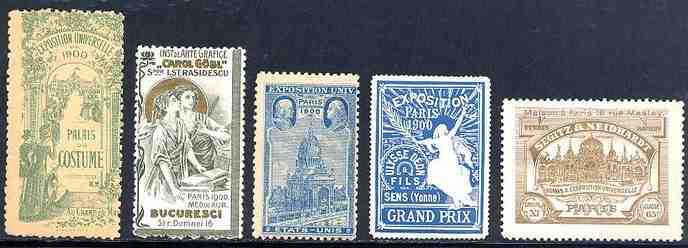
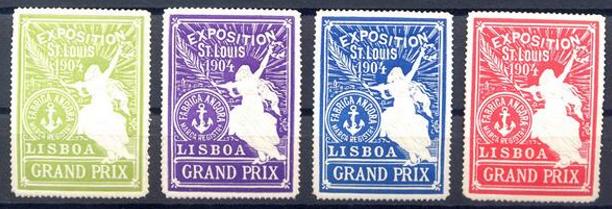
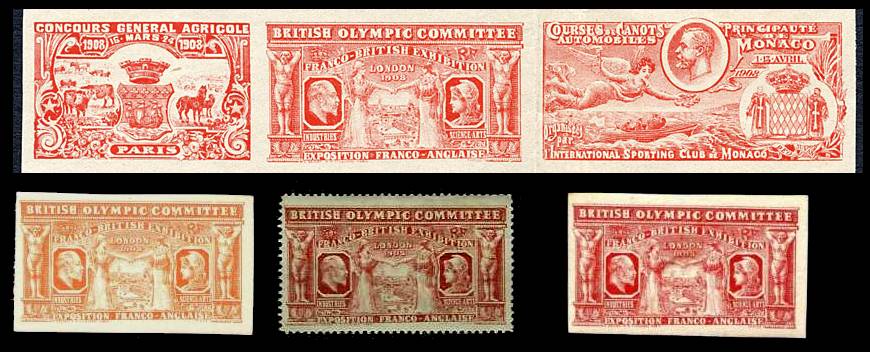



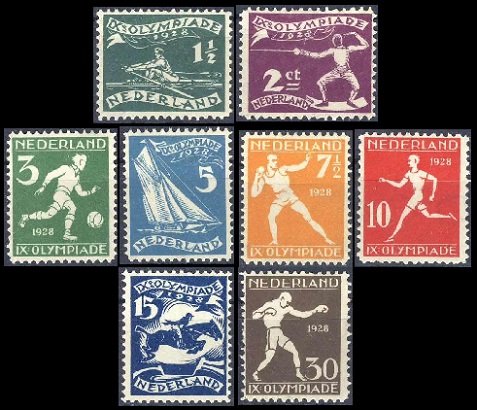
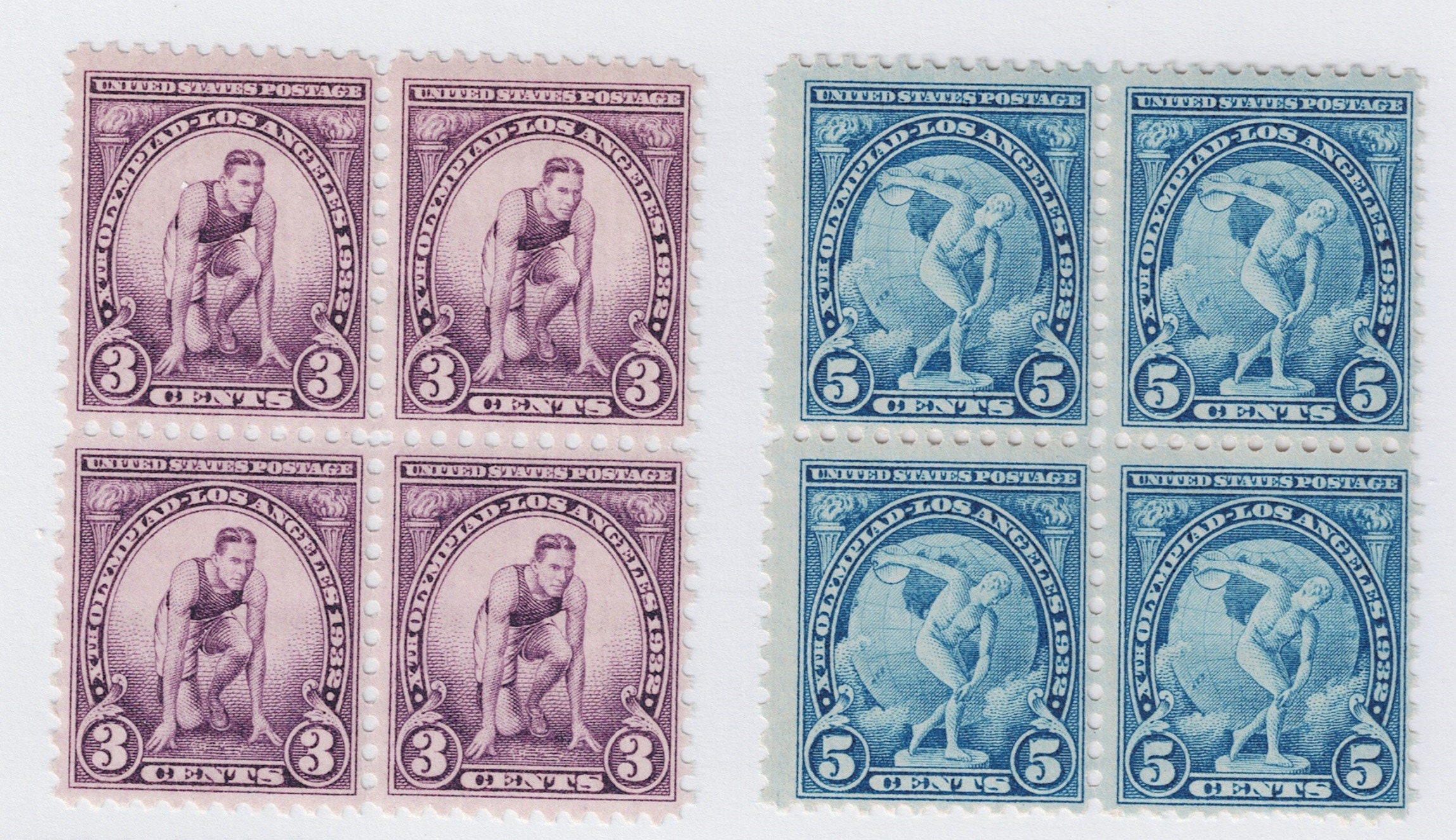
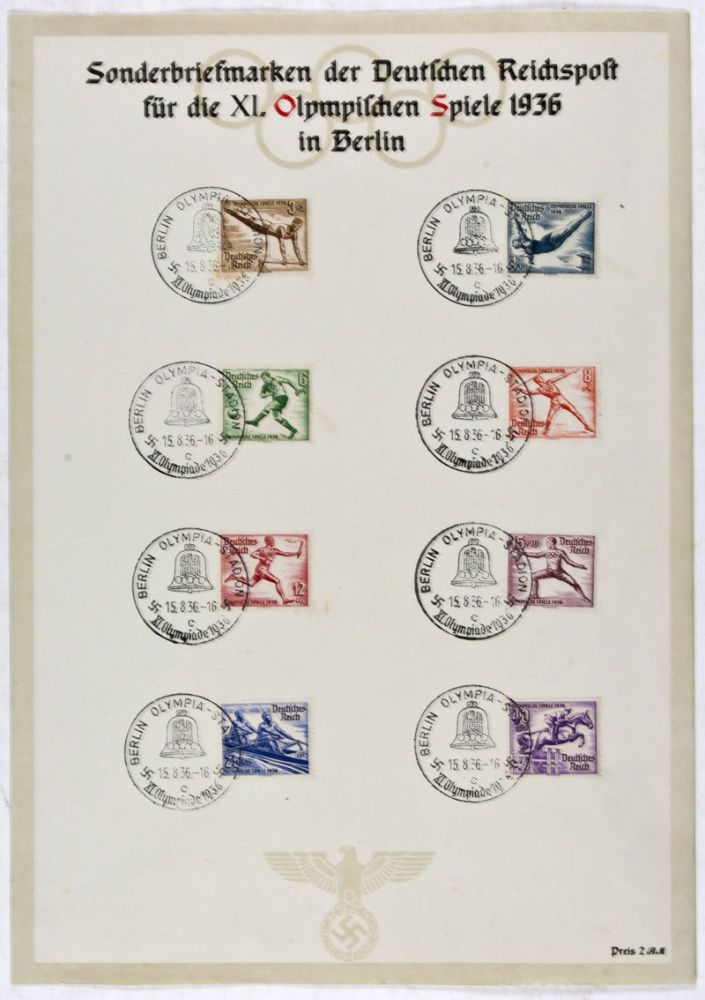
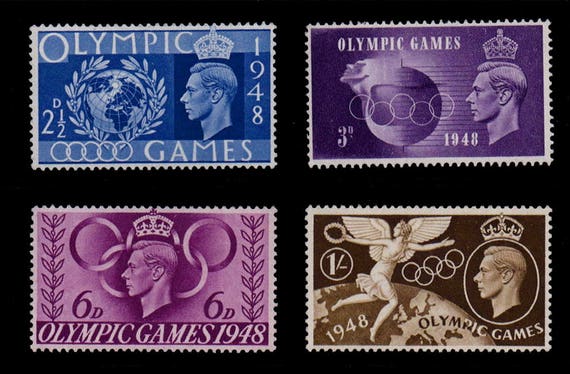
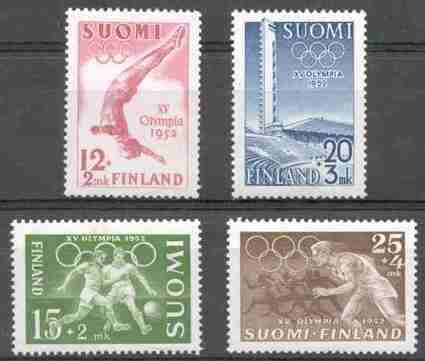





Comments
Post a Comment